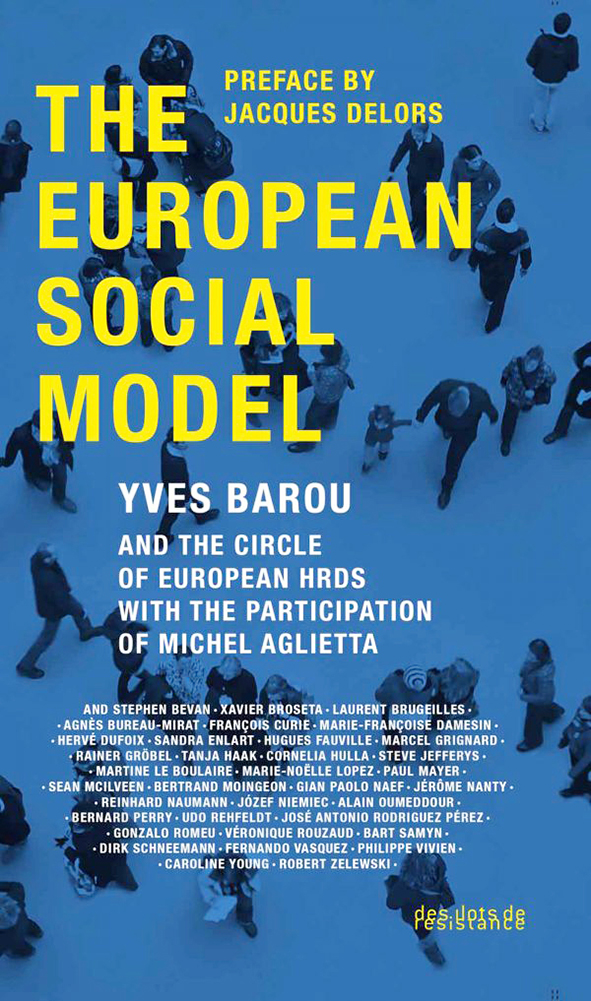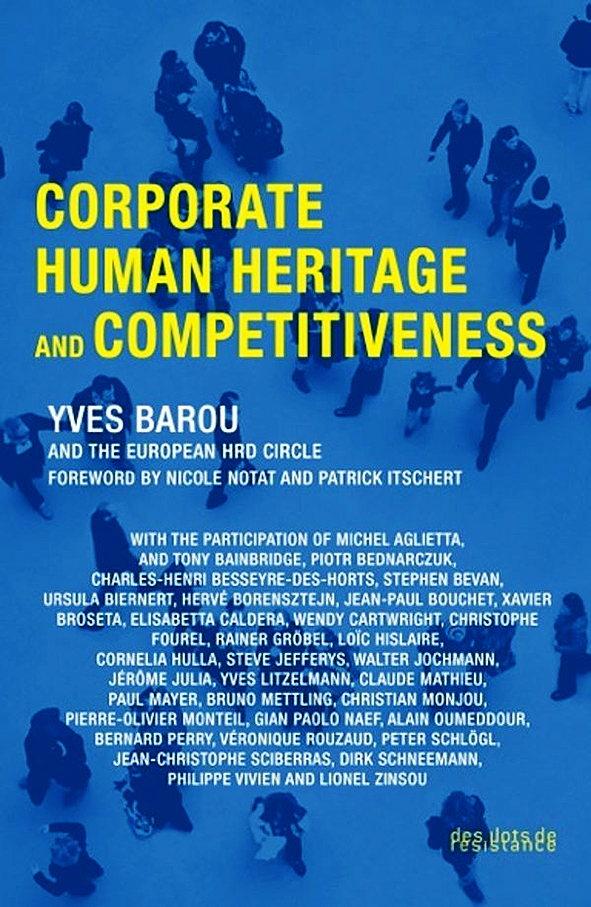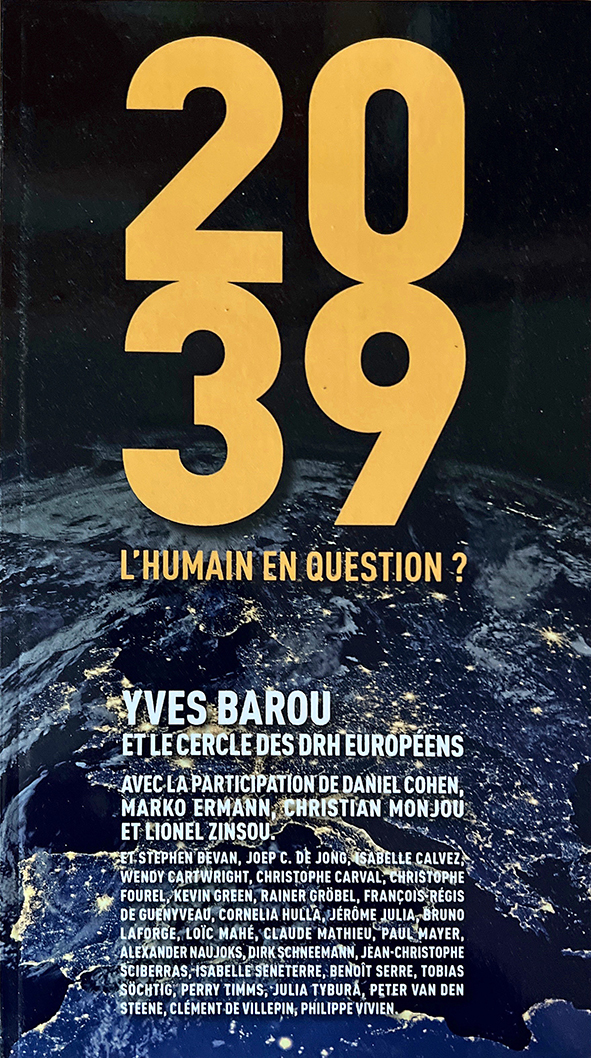
The European Social Model
The crisis has brought social issues back to the center of European debates: the European social model is once again a central stake. But what model are we talking about?
The model that encourages and structures social dialogue, Europe ’s true trademark, which has an impact every day, this social dialogue that outlines an innovative, original, effective dialogue, which may be a real asset for globalization. The model that dominates over the very view of the company, which will have to be more human if it is to absorb all the blows it is taking.
This collective book was written by practitioners in the field of social issues, HR managers, union members, researchers, European Commission members, or even people involved in social rating or training. This is a multi-author book written by Europeans, driven by their national traditions and who currently face similar challenges – the transfer of knowledge in a context of demographic ageing, the inevitable rise in youth unemployment as well as awareness as regards corporate social responsibility in the company’s ecosystem. It shows us that social Europe is buying built on a day-by-day basis, anticipating and shaping the accession of a new social pact, and that Europe is thus affirming its identity compared with the American or Chinese models.

Corporate Human Heritage and Competitiveness
The value of a company is not just its financial or tangible assets; it is also its human heritage. But how to render all the complexity of the human side?
Human heritage, which should be created, developed and transferred, means to be broader, more collective and more dynamic that human capital alone, which is sometimes too close to the financial approach. Increasing one’s human heritage could be an ambition for businesses in the 21st century.To that end, all human resources policies must be measured, represented and reviewed, especially training, which must be considered as a true investment. Forgetting human heritage in a company’s choices or competitiveness policies always leads to deadlocks.It is the missing link in debates around the issue of competitiveness.
Measuring the stakes of human heritage is the object of this collective search initiated by the European HRD Circle together with European social stakeholders, managers or union officials, based on corporate practices via a multidisciplinary approach, from a philosophical, artistic and economic point of view. Human heritage is a barometer in times of crisis and a plan for Europe, which has definitely forgotten that it built its wealth on it.

2039 L’humain en question ?
Une perspective à vingt ans pour oser penser les ruptures.
Un ouvrage collectif pour mettre nos sens en alerte et proposer une vigilance particulière sur le point clé qui déterminera notre avenir, la place de l’humain dans l’entreprise.
Un essai de social fiction pour tenter d’imaginer le monde du travail en 2039 dans une perspective européenne.
Un livre pluriel avec des nouvelles pour ouvrir le champ du possible, les perspectives économiques de Daniel Cohen, un point de vue africain avec Lionel Zinsou, un détour par la peinture avec Christian Monjou , une prise en compte de l’intelligence artificielle avec Marko Ermann, des témoignages de DRH de grands groupes européens.
Une démarche optimiste pour reprendre espoir dans l’avenir.
Download the digital book
